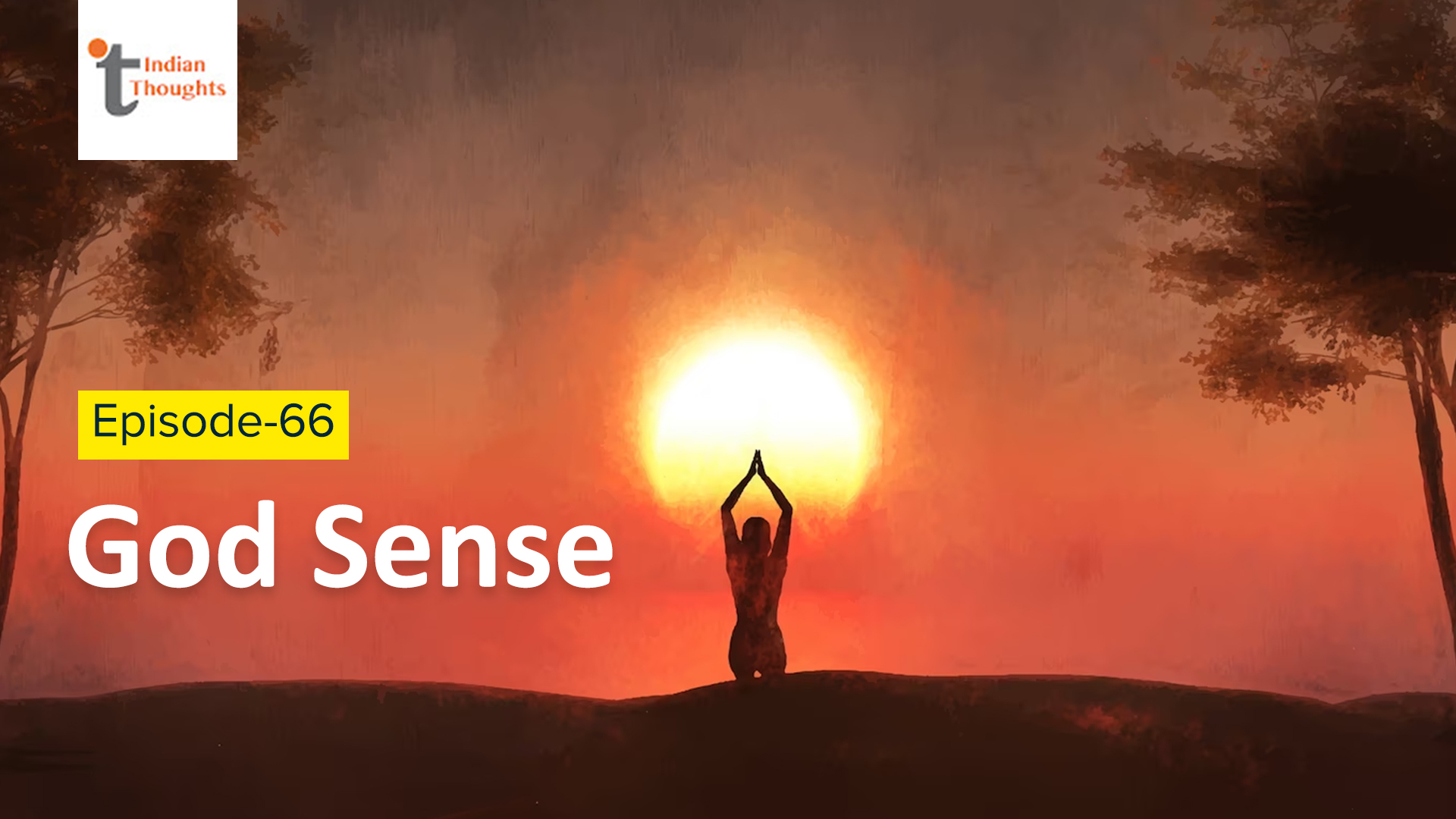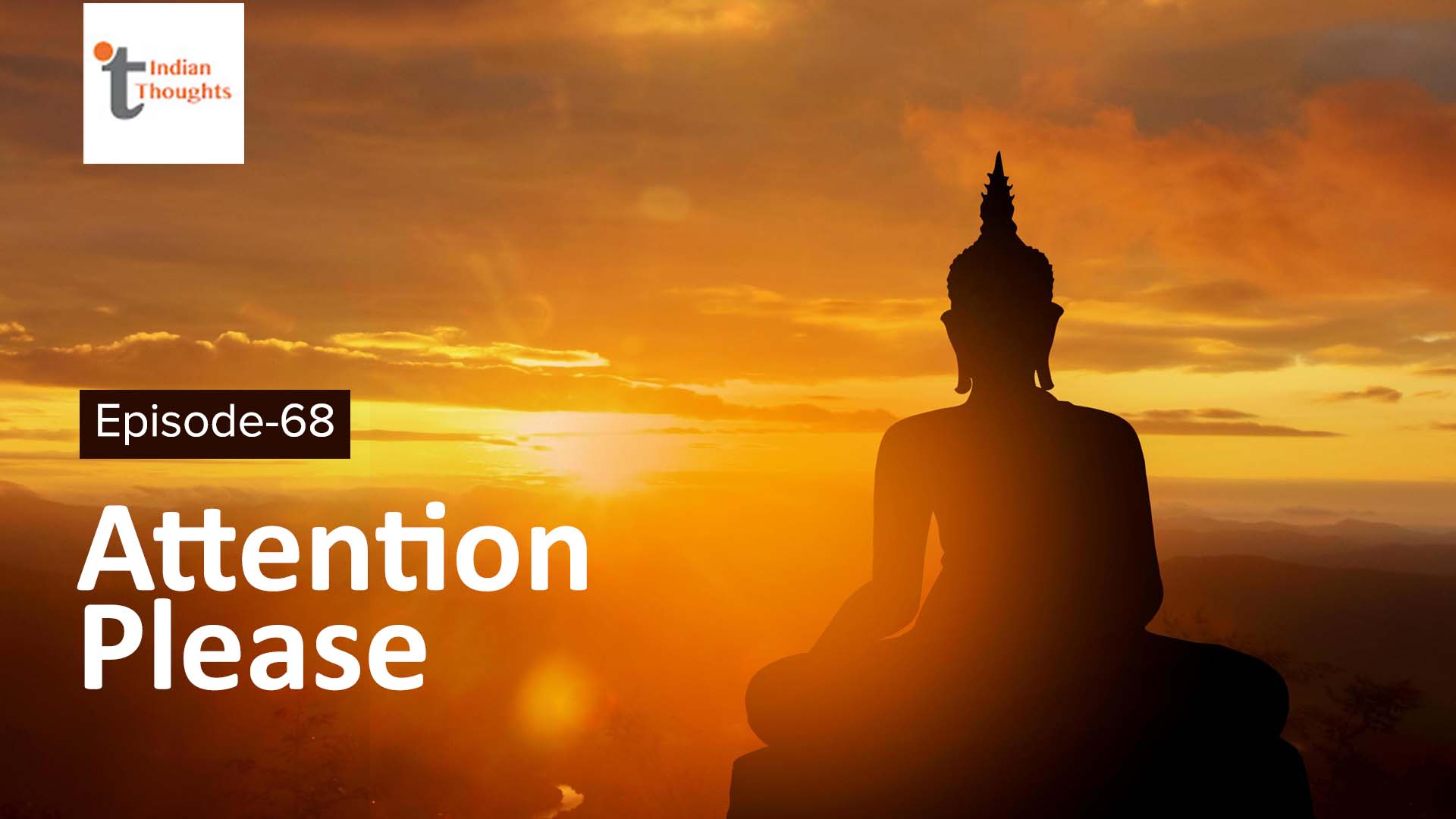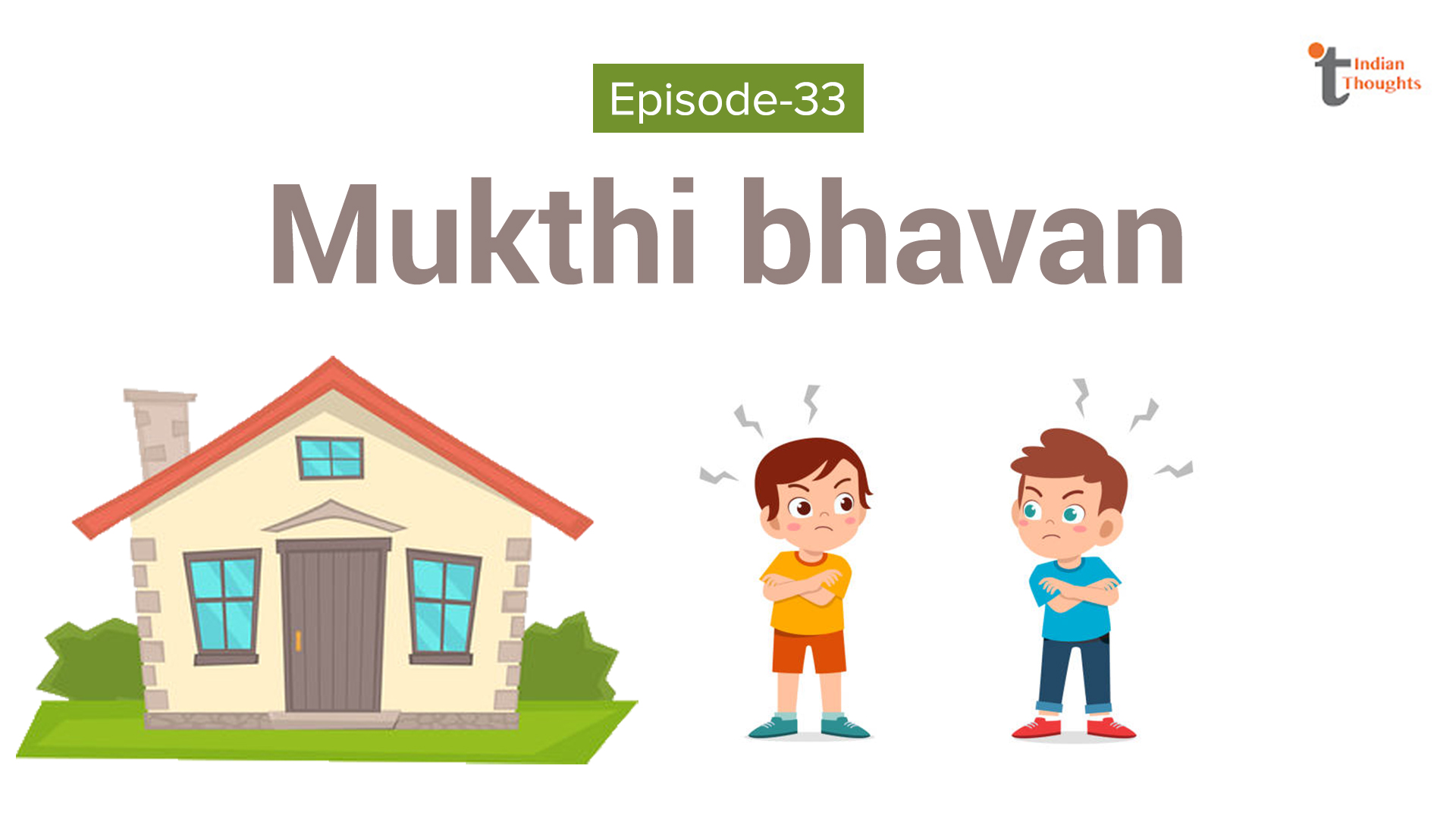When Rabindranath Tagore was awarded the Nobel prize for his Gitanjali, the whole of India was happy, especially the writers. However, it was not so with all members of the Kolkata literary forum. Tagore knew this. When the Award was declared, Tagore had moved to Bolpur Shanti Niketan, a quiet place, when compared to the city’s delirious pace and pollution. Though with hesitation, he finally accepted their invitation. He knew that they were only honouring the honour he was bestowed upon. I have heard somebody saying, “Man is a rational animal; but the problem is that animals are, most of the times, more rational than human beings.” Similar situations of social pressures of varying kinds are common in human life which we mange with a wisdom called social sense.
Martin Luther King once shared a story. Two mountain goats met each other on a narrow ledge. The path was not wide enough even for one animal to walk easily. On the one side there was a cliff and on the other side a lake. Turning back also was not easy on that ledge. Luther said that they had better sense than us all. One of it lay down on the trail letting the other literally walk over it. This is certainly animal sense.
A woman got pregnant. She already had eight kids. Of them, three were deaf, two were blind, one mentally retarded and she was a syphilis patient. There was nothing uncommon if in human sense somebody proposed an abortion? If that was what happened, we would have missed Beethoven. Actually, we are held up between all these senses – animal sense, social sense and common sense. In social sense, group life obligations are considered. The substance of animal sense is that of compromising with a situation with instinctive intelligence,
while common sense is learning from past experiences and proceed. Which of these is right or best – social sense, animal sense or common sense? In my opinion, the best is none of these but God sense, a fourth category sense, which invariably fits every situation.An ascetic was on a pilgrimage. He stayed at a village temple for a week and continued his journey. Sometime later, he came to the same temple, on his return journey. But, quite unexpectedly, he was besieged by the villagers. They alleged that he had impregnated a village girl, last time when he was there. They demanded that he take the child. He took the child, with a smile on his face. I don’t know what he was going to do with the child. However, when the mother heard that the sanyasi has accepted the child, she almost fell unconscious. At last, she told her father, the real name of the man who cheated her. Hearing this, the villagers rushed to the ascetic and fell upon his feet to beg his pardon. The sanyasi returned the child, with the same smile on his face. For a human being, every time there is the choice of being in the awareness of the present and following the principles of equanimity. After all, is this not a big drama and we all actors, as Sri Ramakrishna Paramahamsa commented?
Rabindranath Tagore (1861 –1941) was a Bengali polymath – writer, composer, philosopher, social reformer and painter. In 1913, he was awarded Nobel prize in literature. He was the first non – European to win the title. His Gitanjali is considered as a spiritual document. Gitanjali is originally a collection of Bengali poems and the English translation is ‘Song Offerings’. He is called the ‘Bard of Bengal’. The word bard can mean a professional story teller, oral historian, a poet or a music composer. Even though he was fellow of the Royal Asiatic Society, without Nobel price, his elegant prose and magical poetry would have remained unknown outside Bengal. He is very special; it was he who wrote national anthems for two countries – India and Bangladesh.



















